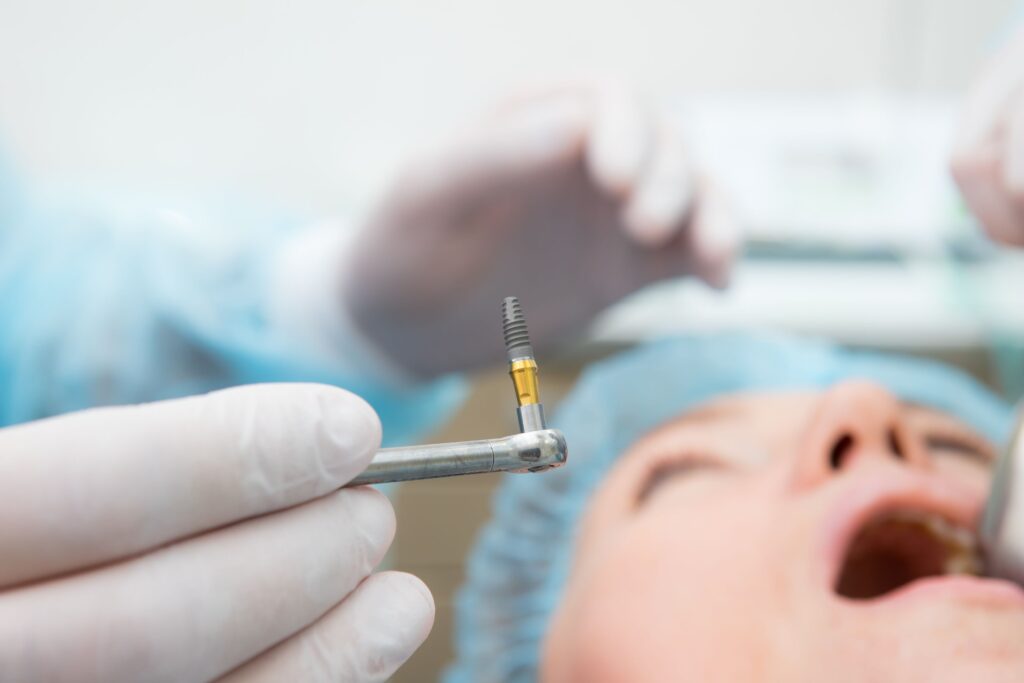
Dental implants are often considered the gold standard for rebuilding missing teeth because of their unique placement in your jawbone, giving them added strength and stability over dentures and bridges. However, they’re also the only restorations that require oral surgery, and it’s natural to have questions about your procedure.
For instance, it’s normal to wonder how you should prepare for your appointment before arriving at the scheduled time. Continue reading to learn more about 3 tips that can help you get ready for the big day!
Tip #1: Recruit Helpers
One way you can proactively prepare for your upcoming surgery is by ensuring you have helpers who can assist you afterward. After your dental implants are placed, your mouth must form a blood clot over the site for healing to begin, and many post-op instructions are intended to protect it.
For example, you’ll likely be asked to avoid strenuous activities that elevate your blood pressure or heart rate, which can dislodge the clot. That means you might want to ask trusted friends or family to help with certain chores around the house that might involve physical exertion, like walking the dog or vacuuming the floor. If you’re being sedated for your procedure, it’s also a good idea to have someone help drive you home afterward.
Tip #2: Clear Your Schedule
Getting dental implants involves oral surgery, and though this treatment has an incredibly high success rate, it’s still important to give yourself enough time to rest and recover. Depending on your circumstances, the procedure itself might take only about an hour, though it can take several hours for multiple implants. Then, it’s normal to experience some bleeding, swelling, and soreness as the anesthetic wears off.
As a result, many dentists recommend taking a day or two off work to give your mouth a break and allow it to begin mending its connective tissues. If you’ve had several implants placed, you might require several days to a whole week off before resuming your usual activities.
Tip #3: Take Prescribed Medications
Although you’re unlikely to develop complications if it’s performed by a qualified dentist and you follow their post-op instructions, there’s still a chance you might develop an infection. Your mouth is full of bacteria, and if they penetrate the surgical site, they could deteriorate the materials holding your restoration in place, causing it to fail.
Your dentist might prescribe an antibiotic to take before your surgery to kill harmful germs and reduce the risk of developing adverse effects.
Your dental team will likely provide more comprehensive instructions for you to follow before arriving for your appointment. Following their directions as closely as possible is the best way to set yourself up for a successful procedure!
Meet the Author
Dr. Russell O’Connell is passionate about helping improve his patients’ lives by helping them build and maintain happy, healthy smiles. He earned his dental degree from the University of New England College of Dental Medicine and has remained committed to continuing education to stay current with the latest treatment options. Today, he offers a comprehensive menu of services, including tooth replacements. He has the advanced training and state-of-the-art equipment to place and restore dental implants in the office for your convenience. You can request an appointment on the website or by calling (908) 832-2300.
